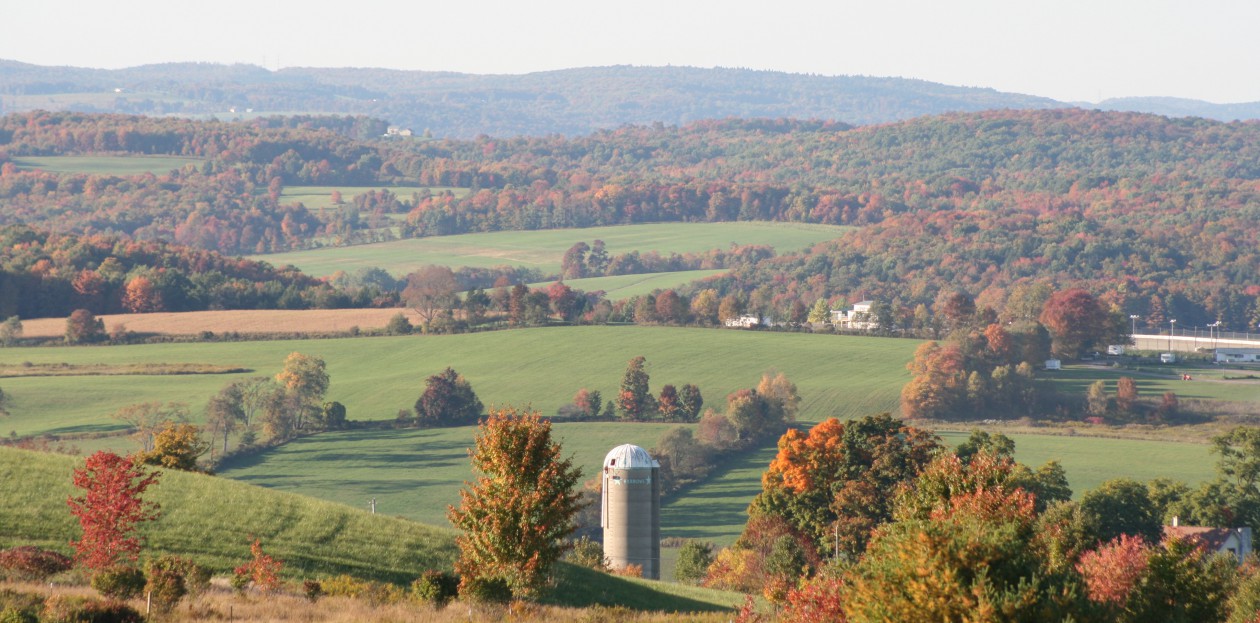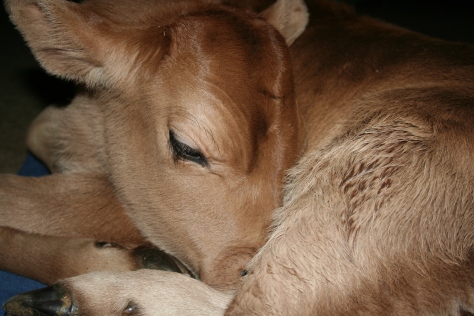I have been doing a bunch of reading on a person who is a true hero and inspiration to me. Abraham Lincoln was not just a great American President. He was a man who had pulled himself up by his “boot straps” to make a better life for himself.
Abraham Lincoln was born and reared in a log cabin, like many other familiar figures in American history; but you will search in vain for one whose origin and early life equalled Abraham Lincoln’s in wretchedness. Born in Kentucky on a farm consisting of a few barren acres, his father a typical “poor southern white.” His father was shiftless and without ambition for himself or his children, constantly looking for a piece of land on which he might make a living without much work. His mother, in her youth she was beautiful and bright. She aged prematurely in features and became bitter by daily toil and care. The whole household cheerless and utterly void of elevating inspirations. Only when the family had “moved” into the backwoods of Indiana, his mother had died, and a stepmother, a woman of thrift and energy had taken charge of the children, did the shaggy, ragged, barefooted, forlorn boy of seven, “began to feel like a human being.” Hard work was his early lot. When a mere boy, he had to help in supporting the family, either on his father’s clearing or hired out to other farmers to plough, dig ditches, chop wood, or drive oxen teams. Sometimes he also “tended the baby,” when the farmer’s wife was otherwise engaged. He could regard it as an advancement to a higher sphere of activity when he obtained work in a “crossroads store,” where he amused the customers by his talk over the counter. He then soon distinguished himself among the folks as one who had something to say worth listening to. To win that distinction, he had to draw mainly upon his wits. While his thirst for knowledge was great, his opportunities to satisfying that thirst were slim.
At the age of 23, he fought in the Black Hawk War and was named captain of the volunteer crew. His most notable accomplishment during the war was not in killing an Indian, but in protecting against his own men, at the peril of his own life, the life of an old savage who had strayed into his camp. After the war, he turned to politics. He ran for a Legislative set. His popularity in New Salem, had not spread far enough over the district, was not great enough and he was defeated. Then the wretched hand-to-mouth struggle began again. He set up a store-business with a dissolute partner, who drank whiskey while Lincoln was reading books. The result was a disastrous failure and a load of debt. He then became a deputy surveyor, and was appointed postmaster of New Salem. The business of the post-office being so small that he could carry the incoming and outgoing mail in his hat. All this could not lift him from poverty, and his surveying instruments, along with his horse and saddle were sold by the sheriff for debt.
He used to walk miles to borrow books from a school master until a lawyer mailed him a copy of Blackstone, which was the only law book at the time. People would look wonderingly at the grotesque figure lying in the grass, with his feet up a tree or sitting on a fence absorbed in a book. He learned to construct correct sentences and made himself a jurist. At once he gained a little practice, paying attention to miniscual details before a justice of the peace for friends, without expecting a fee. Judicial functions were thrust upon him, but only at horse-races or wrestling matches where his acknowledged honesty and fairness gave his verdicts undisputed authority. His popularity grew quickly and soon he was a candidate for the Legislature again. Although he called himself a Whig, an ardent admirer of Henry Clay, his clever stump speeches won him the election in the strongly Democratic district. Then, for the first time perhaps, he thought seriously of his outward appearance. He had been content with a garb of “Kentucky jeans,” not usually ragged, but patched, and always shabby. Now, he borrowed money from a friend to buy a new suit of clothes–store clothes fit for a Sangamon County statesman. Dressed like this he set out for the state capital, Vandalia, to take his seat among the lawmakers. His legislative career, which stretched over several sessions–for he was re-elected three times, in 1836, 1838, and 1840–was not remarkably brilliant. He did not lack ambition. He dreamed even of making himself “the De Witt Clinton of Illinois,” and he actually distinguished himself by zealous and effective work in log-rolling operations by which the young State received a general system of internal improvements in the shape of railroads, canals, and banks,–a reckless policy that burdened the State with debt and produced the usual crop of political demoralization. One thing, however, he did in which his true nature showed itself, and which gave promise of the future pursuit, against an overwhelming numbers in the Legislature and followed by only one other member, he recorded his protest against a proslavery resolution. That protest declaring “the institution of slavery to be founded on both injustice and bad policy.” This was not only the irrepressible voice of his conscience. It was true moral valor, for at that timein many parts of the West, an abolitionist was regarded as little better than a horse-thief, and even “Abe Lincoln” would hardly have been forgiven his antislavery principles, had he not been known as such an “uncommon good fellow.” But here, in obedience to the great conviction of his life, he manifested his courage to stand alone, that courage which is the first requisite of leadership in a great cause.
His reputation and influence as a politician grew his law practice, especially after he associated himself with another lawyer of good standing. He became a successful lawyer, less by his learning as a jurist than by his effectiveness as an advocate and by the striking uprightness of his character and it may truly be said that his vivid sense of truth and justice had much to do with his effectiveness as an advocate. He would refuse to act as the attorney even of personal friends when he saw the right on the other side. He would abandon cases, even during trial, when the testimony convinced him that his client was in the wrong. He would dissuade those who sought his service from pursuing an obtainable advantage when their claims seemed to him unfair. Presenting his very first case in the United States Circuit Court, the only question being one of authority, he declared that, upon careful examination, he found all the authorities on the other side and none on his. Persons accused of crime, when he thought them guilty, he would not defend at all, or attempting their defence he was unable to put forth his powers. One notable exception is on record, when his personal sympathies had been strongly aroused. But when he felt himself to be the protector of innocence, the defender of justice, or the prosecutor of wrong, he frequently disclosed such unexpected resources of reasoning, such depth of feeling, and rose to such fervor of appeal as to astonish and overwhelm his hearers. Even an ordinary law argument, coming from him, seldom failed to produce the impression that he was profoundly convinced of the soundness of his position. It is not surprising that the mere appearance of so conscientious an attorney in any case should have carried, not only to juries, but even to judges almost an act of right on his side, and that the people began to call him, sincerely meaning it, “honest Abe Lincoln.”
But, even with all of his success and steadily gaining respect, Lincoln still found himself thrown into the depths of depression. During his rise to fame he had private sorrows and trials of a painfully afflicting nature. He had loved and been loved by a girl, Ann Rutledge, who died in the flower of her youth and beauty, and he mourned her loss with such intensity of grief that his friends feared for his life. Recovering from his depression, he bestowed new affection upon another lady, who refused him. And finally, having prospects of political distinction before him, he paid his addresses to Mary Todd of Kentucky, and was accepted. But tormenting doubts of the genuineness of his own affection for her, of the compatibility of their characters, and of their future happiness came upon him. His distress was so great that he felt himself in danger of suicide, and feared to carry a pocket-knife with him. He gave mortal offence to his bride by not appearing on the appointed wedding day. Now the torturing consciousness of the wrong he had done her grew unendurable. He won back her affection, ended the agony by marrying her and became a faithful and patient husband and a good father. But it was no secret to those who knew the family well that his domestic life was full of trials. His wife was known for embarrassing fits. This only added more worry to his heart as time went on and his political gains added more for him to worry about.
All of these happenings in his life were prior to his election to office. Part Two will discuss more about his future struggles, internal and out.
My words of thought on these lessons learned from Honest Abe Lincoln:
No matter what type of environment you were born into, you can make a decision to treat people with honesty and respect.
Being born poor is no excuse to not learn about things that interest you.
That, no matter what status or station you hold, you should always be truthful to yourself and follow your heart.
Respect is earn, not freely given.
Hard work and dedication are important.
Honor your own beliefs in what is right and wrong.
Failure isn’t the end, it’s just guiding you to another turn in the path to follow your dream.
Don’t let your fear override your trust.

